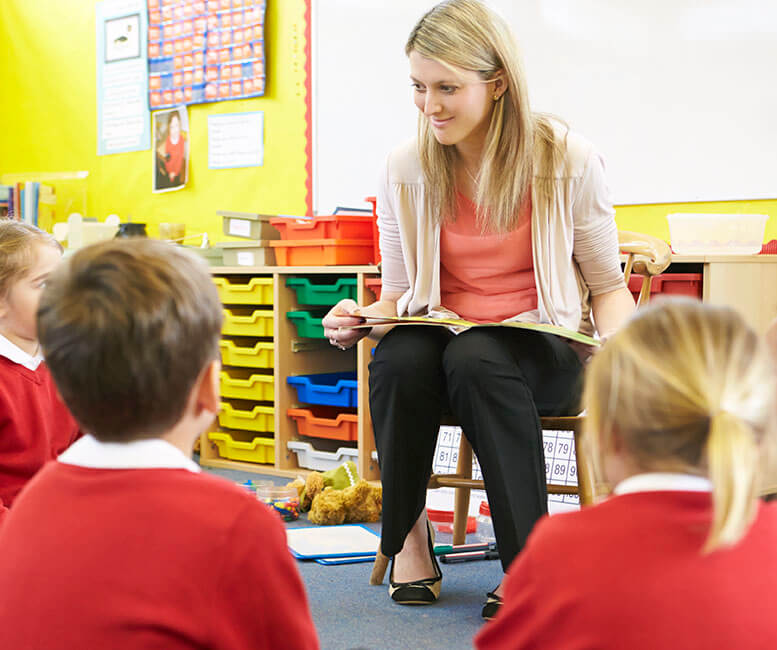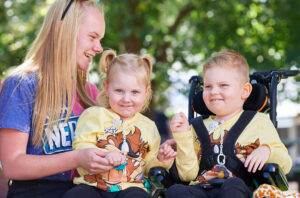
Behaviour support at school
If you or your child’s teacher have concerns about your child’s behaviour at school, the first step is to talk about it openly.
There can be many reasons why children can behave in a way that harms themselves or others at school. It’s important to understand why it’s happening so that you and the school can work together to support your child.
Things that can impact a child’s behaviour include health issues, pain, sensory needs, bullying, schoolwork being too easy or too hard, not having access to a communication device, changes to routine as well as things happening at home or in other parts of your child’s life.
Once you know what’s causing the behaviour, the right strategies can be put in place. Not identifying the cause may make the behaviour continue, get worse or lead to other behaviour.
Behaviour Support Plans
Behaviour Support Plans help schools to support students to provide a safe and respectful learning environment for all students and staff.
A Behaviour Support Plan can be done by your child’s Student Support Group together with other school staff and health professionals or specialists.
One person at the school will be responsible for Behaviour Support Plans. In primary schools and special schools it is often the Assistant Principal. In secondary schools it might be the Student Welfare Coordinator, Year Level Co-coordinator or Assistant Principal.
It may be helpful to have a Functional Behaviour Assessment as part of an effective Behaviour Support Plan. If your child has a Behaviour Support Plan through NDIS funded services it is a good idea to share this with the school. The general rule is ‘one child one plan.’
Why have one?
A Behaviour Support Plan sets clear expectations around behaviour and support. It’s a commitment from the school that focuses on support, wellbeing and developing your child’s skills.
Behaviour Support Plans also help to make sure everyone follows the same approach with a focus on success. It can help to keep your child engaged with school and connected to the school community.
Keep in mind that once a Behaviour Support Plan is put in place, behaviour can get worse before it gets better. Positive reinforcement early on will be an important part of the Plan’s success.
What does it include?
A Behaviour Support Plan includes:
- What causes the behaviour, e.g. pain, tiredness, bullying, sensory overwhelm
- What triggers the behaviour, e.g. noise, touch, behaviour of another student towards them
- How to reduce or remove causes and triggers
- How to respond to situations that may trigger the behaviour
- How the student can meet their needs without using the behaviour
- What makes the behaviour continue
- How people should respond if the behaviour occurs, or if there are warning signs
- When the Behaviour Support Plan will be reviewed
- How to decide if the Plan is working
There are resources and training available to schools to support student behaviour, including a Behaviour Support Plan template. Having a Behaviour Support Plan is a positive step you can take to support your child and the school.



